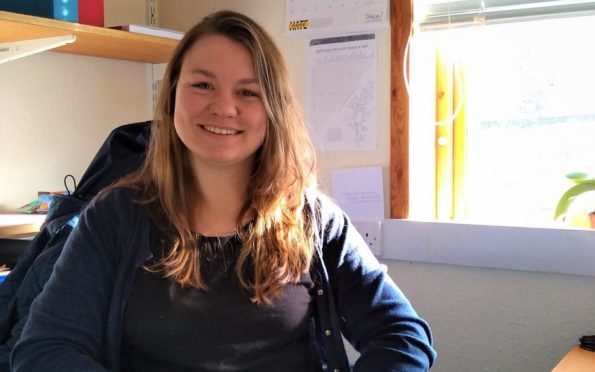Family care takes a joint approach in a small community like Shetland, and the foster care system is no exception.
That’s because foster families and foster children are no different from any other members of the community, said senior social worker Elaine Heinrich.
She spoke recently about how local authorities approach fostering from a personal angle, identifying the needs of children and the abilities of carers to meet them—whether for years at a time or just during a difficult weekend.
“We are a small local authority and we really value the people that we have. It’s very personal to children’s circumstances to decide what really works for them.
“We’re trying to keep children here in Shetland as much as we can. I think that’s overall probably the aim for every local authority: to have enough foster carers or residential homes to accommodate children within the community when they can’t stay at home.”
Foster Care Fortnight
This weekend marks the end of the Foster Care Fortnight, an annual period of raising awareness organised by the Fostering Network.
This year, the theme of the fortnight is “Why We Care”.
Changing the stigma
Closer to home, Heinrich believes that the best way for a community to show they care about children in the foster system is by changing the way they think.
“On a local level, it’s about knowing that foster children aren’t ‘bad kids.’ They don’t come into care because they’re bad. They come into foster care because there’s something going on in the family and they can’t stay within their home.
“Whether that means serious issues like abuse and neglect—that obviously impacts on the child, the child’s development and their social-emotional development—or whether somebody in the family’s ill and they just need a little bit of support.”
There are many reasons why children come into care and Heinrich said that even though behavioural troubles might be visible to outsiders, they are just symptoms of the real issues. In any case, it isn’t the children who are at fault.
Everybody has something about them that is loveable and that is good about them. It’s about giving them the right support and the right space and a family home to show that.
“Of course there are teenagers that are in trouble with the police and the parents are saying I can’t cope with this anymore. But there’s also a reason why the child is this way. It’s quite a complex area and I think young people feel stigmatised and they shouldn’t be because it’s not their fault.
“Their behaviour isn’t necessarily who they are as people. Running away, getting in trouble, taking drugs… we see that as a need for help. Everybody has something about them that is loveable and that is good about them. It’s about giving them the right support and the right space and a family home to show that.
“I think it would be better for us all as a society not to see children in foster care or in residential care or who are adopted as bad children.”
Becoming a foster carer
Heinrich said that there is always room for more people who are willing to look after children in need, whether you are applying to be a carer in Shetland or elsewhere in Scotland. Every local authority has its own advice to anyone hoping to become a foster carer, but most reference a basic list of important skills that are suggested by national and international fostering agencies. These skills include:
- Empathy
- Listening skills
- Perseverance
- Flexibility and adaptability
- Patience and humour
- Attention to self-care
- Cooperative mindset
For more information on how to get involved, visit the fostering and adoption services page for your local council or check the latest advice and application guidance from the Fostering Network.
